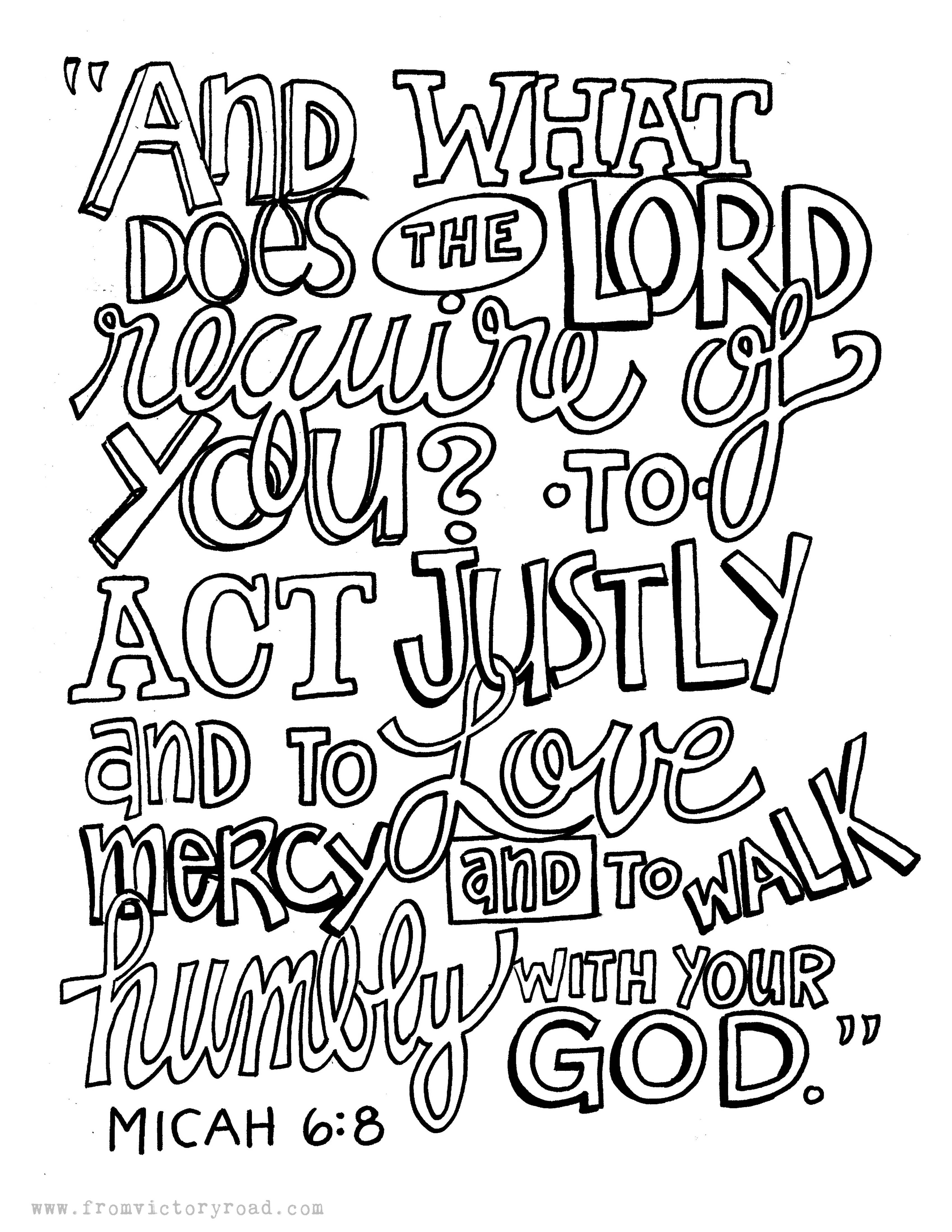Our Building Blocks for Justice
The Catholic Church has a
history of social teaching that goes back centuries and provides a compelling
challenge for living responsibly and building a just society. Modern Catholic
Social Teaching, rooted in Scripture and articulated through a tradition of
written documents, has evolved over time in response to the challenges of the
day.
The following are several
of the key themes that are at the heart of our Catholic social tradition.
Life and Dignity of the Human Person
The Catholic Church
proclaims that human life is sacred and that the dignity of the human person is
the foundation of a moral vision for society. This belief is the foundation of
all the principles of our social teaching. We believe that every person is
precious, that people are more important than things, and that the measure of
every institution is whether it threatens or enhances the life and dignity of
the human person.
Call
to Family, Community, and Participation
The person is not only
sacred but also social. How we organize our society in economics and politics,
in law and policy directly affects human dignity and the capacity of
individuals to grow in community. Marriage and the family are the central
social institutions that must be supported and strengthened, not
undermined. We believe people have a right and a duty to participate in
society, seeking together the common good and well-being of all, especially
poor and vulnerable people.
Rights
and Responsibilities
The Catholic tradition
teaches that human dignity can be protected and a healthy community can be
achieved only if human rights are protected and responsibilities are met.
Therefore, every person has a fundamental right to life and a right to those
things required for human decency. Corresponding to these rights are duties and
responsibilities–to one another, to our families, and to the larger society.
Preferential
Option for the Poor
A basic moral test is how
our most vulnerable members are faring. In a society marred by deepening
divisions between rich and poor, our tradition instructs us to put the needs of
poor and vulnerable people first.
The
Dignity of Work and the Rights of Workers
The economy must serve
people, not the other way around. Work is more than a way to make a living; it
is a form of continuing participation in God’s creation. If the dignity of work
is to be protected, then the basic rights of workers must be respected—the
right to productive work, to decent and fair wages, to the organization and
joining of unions, to private property, and to economic initiative.
Solidarity
We are one human family
whatever our national, racial, ethnic, economic and ideological differences. We
are our brothers’ and sisters’ keepers, wherever they may be. Loving our
neighbor has global dimensions in a shrinking world. At the core of the virtue
of solidarity is the pursuit of justice and peace. Pope Paul VI taught that “if
you want peace, work for justice.” The Gospel calls us to be peacemakers. Our
love for all our sisters and brothers demands that we promote peace in a world
surrounded by violence and conflict.
Care
for God’s Creation
We show our respect for
the Creator by our stewardship of creation. Care for the earth is a requirement
of the Catholic faith. We are called to protect people and the planet, living
our faith in relationship with all of God’s creation. This environmental
challenge has fundamental moral and ethical dimensions that cannot be ignored.


